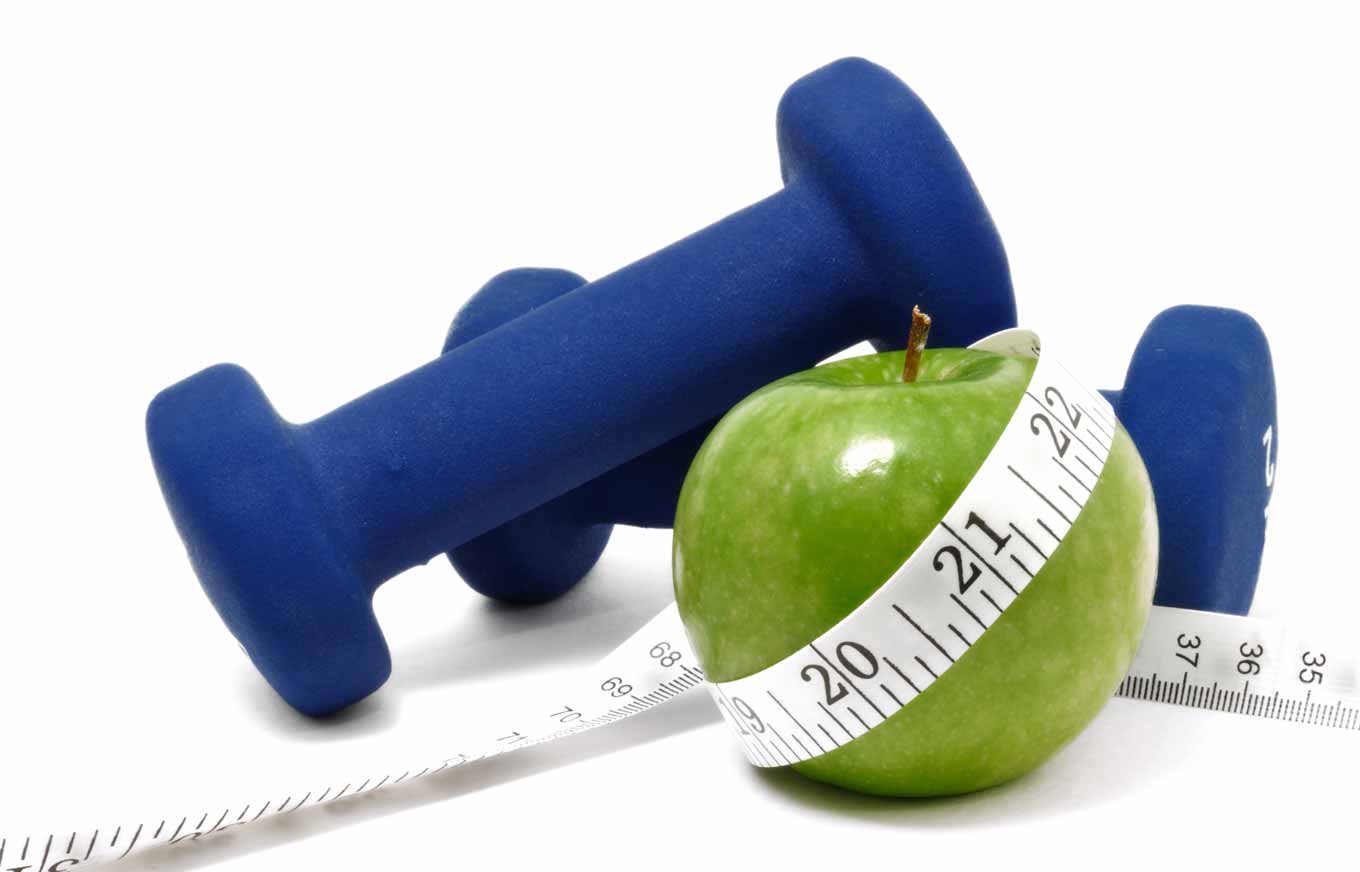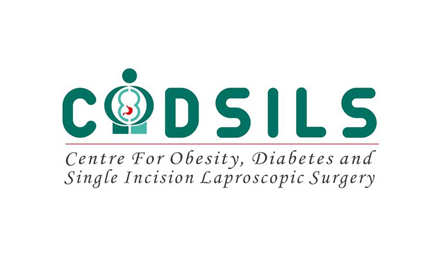
18 Mar Weight loss through diet and exercise
Obesity causes an increased risk of cancer, cardiovascular disease, type 2 diabetes and musculoskeletal disorders, all of which can lead to premature death or disability. A nutritious diet and regular exercise should be an essential part of any healthy way of life, whether you opt for weight loss surgery or not. Besides reducing your risk of all the aforementioned conditions, physical activity provides plenty of mental benefits , including elevated mood.
A well-balanced diet with lean proteins and lots of fruit and vegetables increases energy levels, helps prevent brain disorders like Alzheimer’s disease, and improves heart, bone and teeth health.
Weight loss surgery patients can expect to need to transition to healthier diet and exercise habits after surgery, so these practices are ideal to implement immediately anyway. But what are the pros and cons of losing weight through diet and exercise alone?
- Pro: You don’t incur risks associated with surgery. While Dr. Amit Garg and the bariatric surgery team at CODSILS (Centre for Obesity, Diabetes, Single Incision Laparascopic Surgery) take all proper precautions to ensure the utmost comfort and safety of all patients, every type of surgical procedure does inherently include risks. These can include excessive bleeding, blood clots and infection.
- Pro: You may save money without surgery. Many weight loss surgery patients enjoy the options they have with insurance coverage for weight loss surgery. Because coverage varies, some patients may find that putting in the effort for diet and exercise alone saves them money, though others may find that the results with surgery are more cost-effective than diet or exercise efforts may be, such as having to hire a personal trainer or buy special meals to stay on track.
- Con: Weight loss may take longer. The effects of diet and exercise vary depending on each person. While regular exercise is vital for overall health benefits, exercise alone rarely produce substantial weight loss results unless it is paired with changes in diet. It can be tempting to feel like it’s OK to intake extra calories since you burned some through exercise, which then causes a weight plateau or even weight gain with exercise alone.
- Con: Precision and vigilance are required for diet and exercise to be effective. Without a physical change to your body like the one weight loss surgery creates, it is up to the dieter/exerciser to have the willpower to control calorie intake.
Some people simply won’t see noticeable weight loss results no matter how well-regimented they are to a healthy diet and exercise routine For others, health conditions such as hypothyroidism, lipedema and polycystic ovary syndrome can make weight loss through diet and exercise alone difficult.
WEIGHT LOSS THROUGH WEIGHT LOSS SRUGERY
Patients considering weight loss surgery should talk to their general practitioner for insight and recommendations. Here are some aspects to consider regarding weight loss surgery:
- Pro: You gain a social support network. Social support is a vital component for long-term weight loss success. Weight loss surgery patients at CODSILS receive group support that help them to connect with others who are on the same journey.
- Pro: You get easier control over calorie intake. The purpose of weight loss surgery is to reduce hunger and the amount of food a stomach can comfortably hold, so patients eat less and lose weight. Weight loss surgery helps you feel fuller more quickly, so you naturally are not as inclined to keep eating or overeat.
- Con: Weight loss surgery requires recovery time. Weight loss surgery patients do have to plan for recovery time, which could mean missing a few days of work or not being able to return to a normal activity level for at least a couple days. Also, there are pre op diet restrictions as well post op diet restrictions.
- Con: Weight loss surgery is, well, a surgical procedure. Surgery can make anyone nervous. Receiving anesthesia and being operated on can cause uneasiness or stress. A positive thing to remember is that these feelings often subside after surgery and are replaced by increased confidence and happiness as weight loss results emerge. Additionally, when your surgeon is experienced and has an excellent track record of successes, patients can be more confident going into surgery.
Even patients who undergo weight loss surgery must be willing to make positive changes to nutrition habits if they want to sustain long-term weight loss results. Exercise is important for everyone who wants to reduce risk of disease and gain mental health benefits. Patients who undergo weight loss surgery receive nutritional guidelines to follow to achieve their goal weight and maintain long-term weight loss.
Is weight loss surgery for you?
If you’ve tried various forms of diet and exercise with unsuccessful weight loss results, you may consider weight loss surgery.


